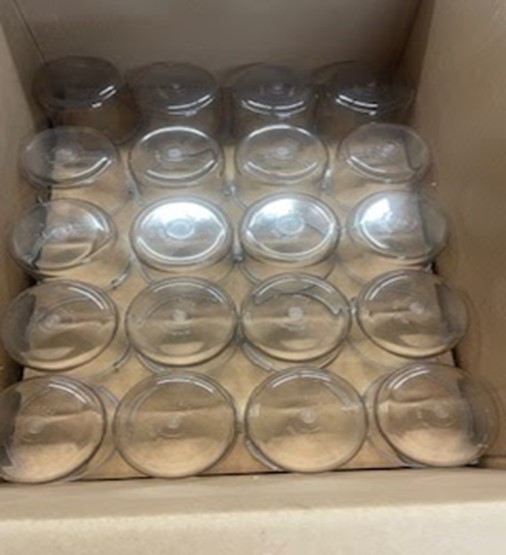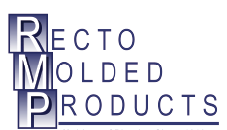Choosing the Right Molding Company
 One size does not fit all. A customer in a highly regulated environment will need a similar injection molding vendor familiar with, and able to comply with the various certifications. There are developing requirements in some industries to “go green” which is a challenge in general for some plastics processors, but not impossible. After these initial requirements are satisfied it becomes easier to source.
One size does not fit all. A customer in a highly regulated environment will need a similar injection molding vendor familiar with, and able to comply with the various certifications. There are developing requirements in some industries to “go green” which is a challenge in general for some plastics processors, but not impossible. After these initial requirements are satisfied it becomes easier to source.
In the general molding categories, all will state that price, delivery, and quality are paramount requirements. But even in these simple aspects, there are other considerations.
Price. Fundamental until other aspects are considered. Can quality or delivery be compromised? Is price a function of equipment, or people? The simplest vendor would be one person, responsible for all aspects, with no chance for communication errors. When the size of the molder increases, so do the complexity and possibilities of error. That is why standards of documentation such as ISO are important to the largest molders. But even ISO doesn’t protect all shareholders from the weakest link, it just reduces the opportunity for error in theory. A company heavy with documentation, and redundant communication channels will naturally have higher costs, and therefore higher prices. That may be important in some industries that justify the additional costs.
Service. Molders running at 80-100% capacity will not have the flexibility of rapid schedule changes. If the customer industry is a “job shop” in nature a 2-3 day turnaround to start getting parts may be critical. Some customers will value short runs as more important. Service can also mean responding to pricing requests quickly, and certainly problem-solving. It can also mean providing the technology necessary to manufacture the product that isn’t available at the customer’s disposal. Material selection, part design, and quality suggestions are all important.
Quality. Is the molder satisfied with maintaining quality that is acceptable, or do they aspire to improve as an integral part of their culture? Quality while measured in PPM, or dimensional problems is the initial consideration, however, the response to issues that develop is just as important. How quickly and thoroughly the concerns are addressed is equally important. A molder with QC people with high turnover, rather than fewer with a long job history (and memory) has to be considered. How well does management support the QC department, one of the places where fault is generally cast? Are the drawings kept current, and accurate? Does the company culture provide inspection devices that make measurements accurate and easy for off-shifts to use? Does the molder have knowledge and understanding of the component’s function to identify potential issues during production, and the life of the product?
Then there is general culture. Profitable companies typically have better (precision, speed) molding machines, dryers, robots, tool room equipment, and general hand tools. Getting better tools in the hands of employees makes them more effective, and less frustrated. While servo-electric machines are faster, more accurate, and use less energy than servo valve machines, they might not be required to handle the molding project that a less expensive machine would be capable of running. And neither machine can perform adequately if there are wear issues taking place such as a worn screw/barrel. An expensive new all-electric molding machine with wear on its screw/barrel won’t be as good as an older servo valve machine with no wear. However, when given an option, buying the more expensive, more capable all-electric machine is usually the best choice. A six-axis robot has far more capability than a three-axis traversing robot. The culture of “doing things right on a long-term basis” is a formula that will provide the required price/delivery/quality aspects, and should be foremost in selecting an injection molding partner.
